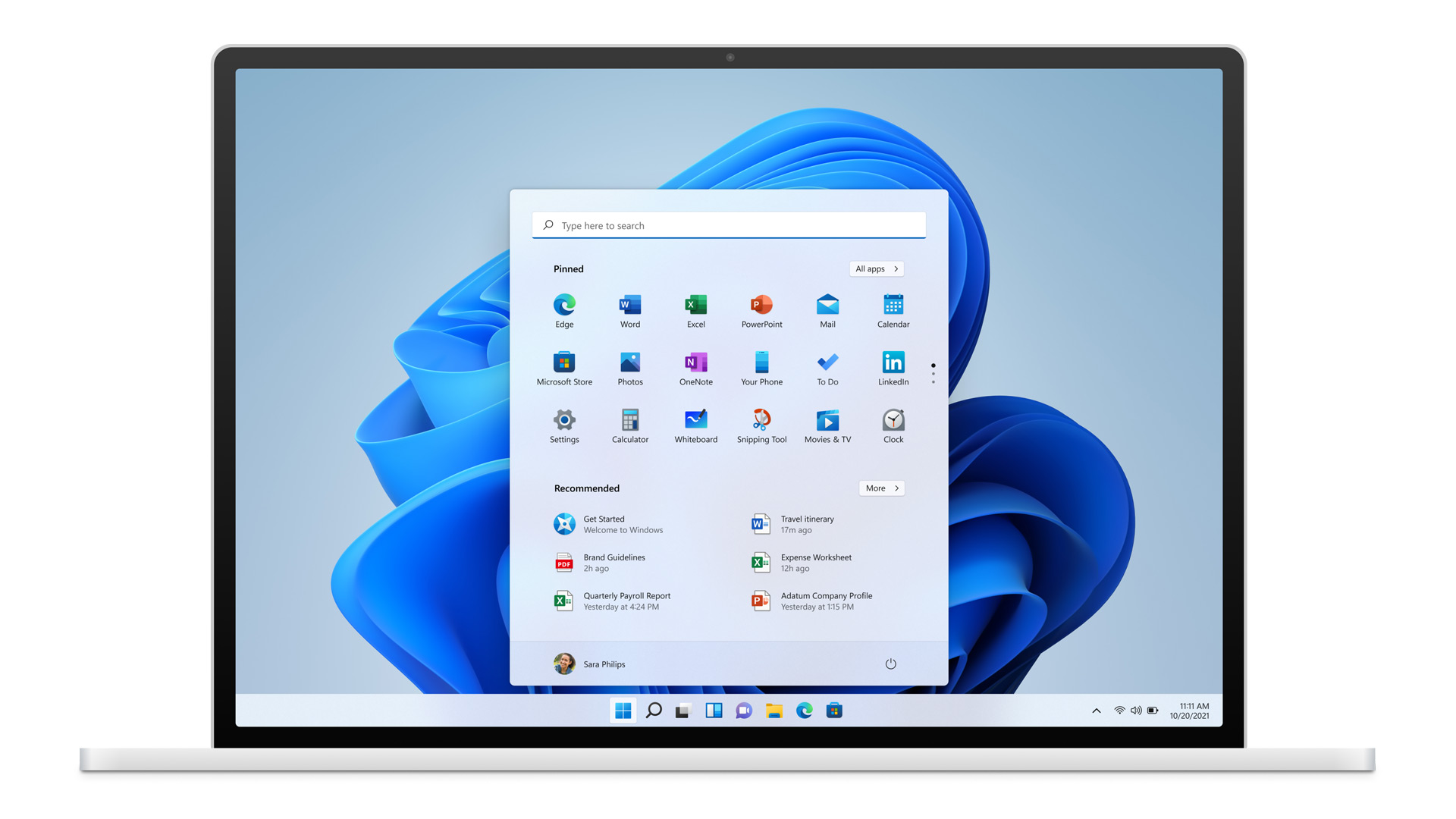Windows 11 bug slowing some PCs down, but a fix is coming
Windows 11 File Explorer is causing a memory leak issue

Windows 11 users are currently facing another glitch that decreases desktop performance. Unlike the Windows 11 issue that's slowing down some AMD processors, this bug occurs when changes are made within File Explorer. A fix for the File Explorer issue is currently available in a preview build, and should be available to all users soon.
As Microsoft explains in a blog post for Windows 11 Insider Preview build 22478, “the command bar is doing unnecessary calculations when navigating to folders, causing an unexpected decrease in performance. This is also believed to be the root cause of performance issues when using drag to select files, as well as using the arrow keys to navigate in certain folders.”
- Windows 11 review
- Windows 11 is crushing AMD performance -- early adopters beware
- Plus: The 7 best new Windows 11 features
The preview build also fixes another File Explorer glitch that causes the “Show hidden items” option to unexpectedly appear when multiple File Explorer windows are open.
Windows 11 has experienced memory leak issues with File Explorer since it launched on October 5. As TechRadar reports (based on Reddit users' anecdotes), some Windows 11 users have seen the amount of RAM File Explorer uses steadily increase every time they close and reopen the program. At least one user reported that File Explorer eventually used up over 1 GB of RAM, significantly slowing down their computer.
File Explorer is a fundamental Windows 11 program, so a glitch like this is something Microsoft should hopefully clear up sooner rather than later. Anecdotally, I recently noticed some slowdown myself when using File Explorer’s search bar in Windows 11. I’m not sure if this is related to the memory leak glitch or another Windows 11 quirk, but regardless, having your PC’s operating system slow down or glitch when using a core program is not ideal.
Though it’s of little comfort, we should remember that operating systems always launch with bugs or other hiccups. Day one adopters typically have to grit their teeth and bear with it until fixes arrive. As we said in our Windows 11 review, the operating system isn’t something you need to immediately install. If you can, it’s best to hold off on upgrading to Windows 11 until Microsoft irons out more of its issues. Of course, if you’ve upgraded and aren’t pleased with Windows 11, remember: you have a ten-day window to easily downgrade to Windows 10! And Microsoft has pledged to support Windows 10 through 2025, so you've got some time before you have to upgrade.
Get instant access to breaking news, the hottest reviews, great deals and helpful tips.

Tony is a computing writer at Tom’s Guide covering laptops, tablets, Windows, and iOS. During his off-hours, Tony enjoys reading comic books, playing video games, reading speculative fiction novels, and spending too much time on X/Twitter. His non-nerdy pursuits involve attending Hard Rock/Heavy Metal concerts and going to NYC bars with friends and colleagues. His work has appeared in publications such as Laptop Mag, PC Mag, and various independent gaming sites.
 Club Benefits
Club Benefits





